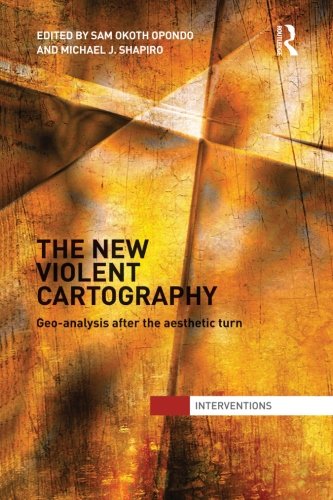

Most ebook files are in PDF format, so you can easily read them using various software such as Foxit Reader or directly on the Google Chrome browser.
Some ebook files are released by publishers in other formats such as .awz, .mobi, .epub, .fb2, etc. You may need to install specific software to read these formats on mobile/PC, such as Calibre.
Please read the tutorial at this link: https://ebookbell.com/faq
We offer FREE conversion to the popular formats you request; however, this may take some time. Therefore, right after payment, please email us, and we will try to provide the service as quickly as possible.
For some exceptional file formats or broken links (if any), please refrain from opening any disputes. Instead, email us first, and we will try to assist within a maximum of 6 hours.
EbookBell Team

4.4
22 reviewsThis edited volume seeks to propose and examine different, though related, critical responses to modern cultures of war among other cultural practices of statecraft. Taken together, these essays present a space of creative engagement with the political and draw on a broad range of cultural contexts and genres of expressions to provoke the thinking that exceeds the conventional stories and practices of international relations.
In contrast to a macropolitical focus on state policy and inter-state hostilities, the contributors to this volume treat the micropolitics of violence and dissensus that occur below [besides and against] the level and gaze that comprehends official map-making, policy-making and implementation practices. At a minimum, the counter-narratives presented in these essays disturb the functions, identities, and positions assigned by the nation-state, thereby multiplying relations between bodies, the worlds where they live, and the ways in which they are ‘equipped’ for fitting in them.
Contributions deploy feature films, literature, photography, architecture to think the political in ways that offer glimpses of realities that are fugitive within existing perspectives. Bringing together a wide range of theorists from a host of geographical, cultural and theoretical contexts, this work explores the different ways in which an aesthetic treatment of world politics can contribute to an ethics of encounter predicated on minimal violence in encounters with people with different practices of identity.
This work provides a significant contribution to the field of international theory, encouraging us to rethink politics and ethics in the world today.